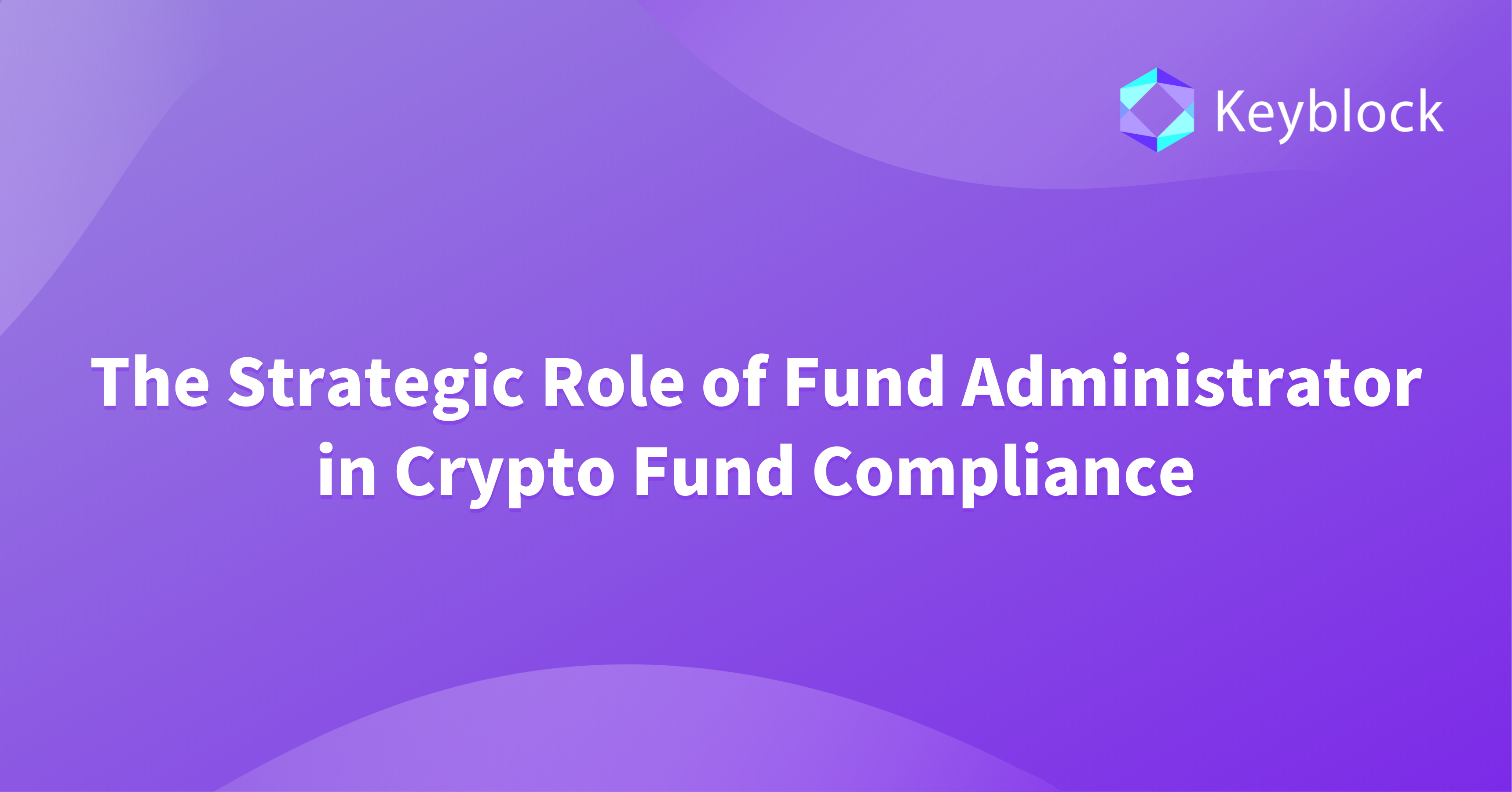As cryptocurrency and blockchain technologies continue to evolve rapidly, global regulatory and compliance standards for digital assets are also tightening. In this new era, fund administrators play a pivotal role in ensuring that operations involving these emerging assets adhere to legal and regulatory frameworks. This article explores the importance of compliance in crypto asset management and highlights the critical responsibilities of fund administrators.
Section 1: The Necessity of Compliance in Digital Asset Management
The explosive growth of the cryptocurrency market has led to unprecedented trading volumes and market capitalization. While this presents significant opportunities, the anonymous and decentralized nature of crypto also opens the door to illicit activities such as money laundering, fraud, and terrorist financing. Consequently, regulatory bodies around the world are intensifying their oversight to ensure market transparency and security.
For example, the U.S. Securities and Exchange Commission (SEC) and the Commodity Futures Trading Commission (CFTC) have increased scrutiny over crypto platforms, requiring registration and adherence to compliance protocols. The European Union has implemented the Fifth and Sixth Anti-Money Laundering Directives (5AMLD and 6AMLD), mandating strict KYC and AML procedures for exchanges and wallet providers. In Asia, financial hubs like Hong Kong and Singapore are actively developing regulatory frameworks to guide the healthy growth of the crypto market.
Compliance is not just a legal obligation—it is a safeguard for market participants. It mitigates legal and operational risks, ensures regulatory alignment, and enhances market credibility. In the fast-paced and volatile crypto environment, robust compliance practices provide stability and reliability, fostering investor confidence and supporting long-term market sustainability.
Moreover, compliance is essential for the maturation of the crypto industry. A well-structured compliance framework helps standardize market behavior, reduce manipulation and fraud, and lay the groundwork for the sector to become a legitimate part of the global financial ecosystem.
Section 2: Why Crypto Funds Requaire Fund Administrators
As crypto participants enter the asset management space, the inherent complexity of digital assets demands specialized expertise—this is where fund administrators come in. They bridge the gap between the fast-paced nature of crypto investments and the structured practices of traditional finance.
- Managing Complexity: Crypto investments span a wide range of digital assets, including cryptocurrencies, utility tokens, NFTs, and investment agreements like SAFTs. Fund administrators ensure accurate tracking, valuation, and reporting of these diverse assets.
- Regulatory Compliance: The regulatory landscape for crypto is dynamic and varies across jurisdictions. Experienced fund administrators help venture capital firms navigate these complexities and maintain compliance, reducing regulatory risk.
- Investor Confidence: In volatile markets, transparency and consistency are key. Fund administrators provide reliable reporting that reassures investors about fund performance and security.
- Operational Efficiency: Distributed operations in crypto funds can pose logistical challenges. Fund administrators streamline processes to enhance operational efficiency.
- Professional Valuation: Valuing digital assets requires specialized methodologies. Fund administrators bring the expertise needed to deliver accurate and credible performance assessments.
- Investment Data Management: Timely access to on-chain and off-chain data is crucial. Fund administrators use APIs and other technologies to continuously monitor and record fund transactions, ensuring data integrity for informed decision-making and risk management.
Section 3: The Role and Responsibilities of Fund Administrators in Compliance
Fund administrators are professional service providers responsible for fund operations, financial reporting, compliance, and asset security. In the context of crypto and Web3 VC funds, their role is especially critical due to the sector’s unique characteristics.
- KYC and AML: Administrators must rigorously verify client identities and monitor transactions to prevent money laundering. These practices uphold market integrity and deter criminal activity.
- Transparency and Reporting: Administrators ensure operational transparency by submitting regular reports to regulators, disclosing asset holdings and transaction details. This builds investor trust and supports regulatory oversight.
- Risk Management: Given the high volatility of crypto markets, administrators must implement advanced risk management frameworks to identify, assess, and mitigate risks, protecting investor interests.
- Cross-Border Compliance: For funds operating across multiple jurisdictions, administrators coordinate compliance efforts to meet diverse legal requirements, maintaining close communication with international and local regulators.
Section 4: Emerging Models for Compliance
To enhance compliance efficiency, fund administrators are adopting innovative approaches:
- Technology Integration: Leveraging blockchain’s transparency and immutability to build automated compliance audit systems that monitor and record transactions in real time.
- Strategic Partnerships: Collaborating with specialized compliance service providers to share resources and expertise, improving the effectiveness of compliance operations.
- Training and Education: Conducting regular compliance training to elevate team expertise and awareness, ensuring adherence to evolving regulatory standards.
- International Collaboration: Engaging in global dialogue to understand regulatory differences and adopt best practices for cross-border operations.
- Data Analytics and AI Adoption: Utilizing advanced analytics and artificial intelligence to enhance compliance monitoring and risk management capabilities, enabling proactive responses to emerging threats.
Section 5: Building a Sustainable Compliance Framework
Compliance in digital asset management is a complex but essential endeavor. As the market evolves and regulations tighten, the role of fund administrators becomes increasingly vital. Rigorous compliance not only ensures lawful operations but also protects investor interests and promotes the healthy development of the crypto asset market.
In this new era, compliance will serve as the cornerstone of sustainable growth in the digital asset space. Fund administrators must continuously enhance their professional capabilities, proactively address compliance challenges, and contribute to the long-term success of the industry.

